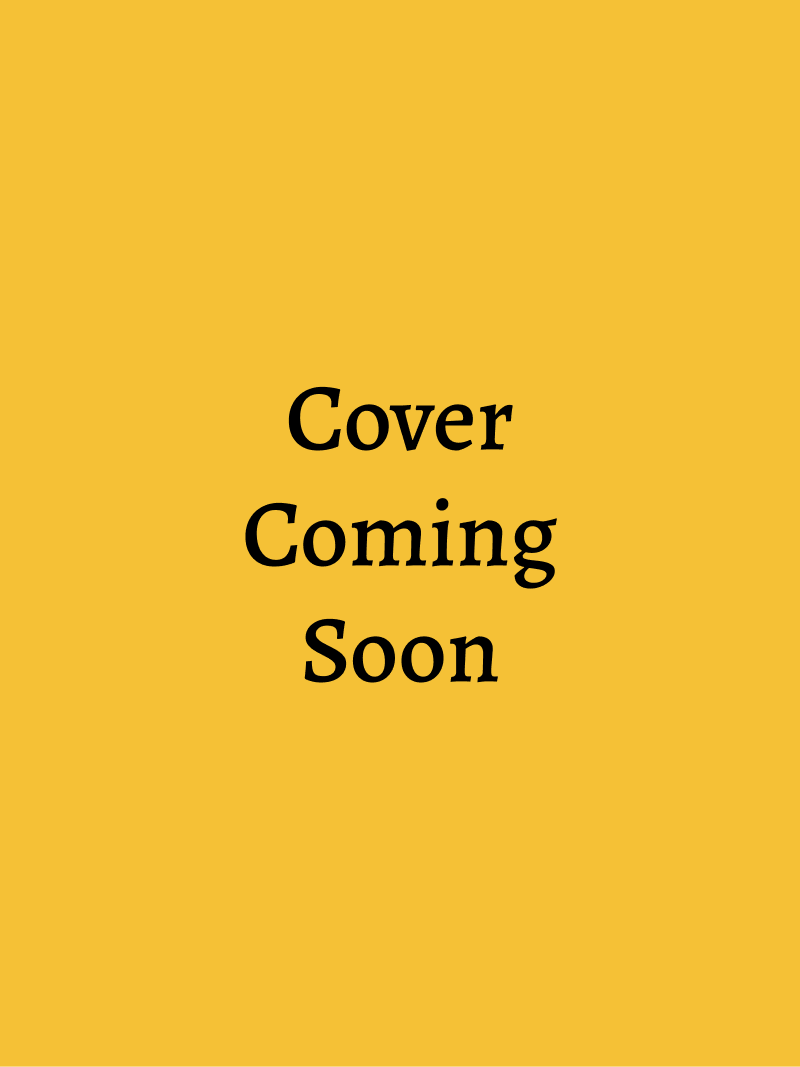
How To Live
by Helen Rickerby
AUCK OUT OF STOCK
WGTN IN STOCK
Pages:
96
Published:
Aug 2019
Format
Paperback
Publisher
Auckland University Press
ISBN:
9781869409050
`Women who speak have always been monstrous. That twisty sphinx, those tempting sirens; better plug your ears with wax, boys.' Where are the female philosophers? Why are women silenced? Who can tell us how to live? In her fourth collection of poetry, Helen Rickerby takes readers on a journey into women's writing, a quest for philosophical answers, and an investigation of poetic form. The poems in How to Live engage in a conversation with `the unsilent women' - Hipparchia and George Eliot, Ban Zhao and Mary Shelley. They do so in order to explore philosophical and practical questions: how one could or should live a good life, how to be happy, how to not die, how to live. Rickerby thinks through the ways that poetry can build up and deconstruct a life, how the subtext and layers inherent in poetry can add to the telling of a life story, and how different perspectives can be incorporated into one work - the place where poetry meets essay, where fiction meets non-fiction, where biography meets autobiography, where plain-speaking meets lyricism, where form pushes against digression. The work is witty (`Perhaps I should ban perhaps .') and self-reflexive (`Am I afraid that if I let the words leak out, they'll mix with oxygen and become prose?') as Rickerby draws on the intensity, symbolism and layering of poetic form, using poetry as a space of exploration of ideas, of thinking, of essaying.
$25.00




